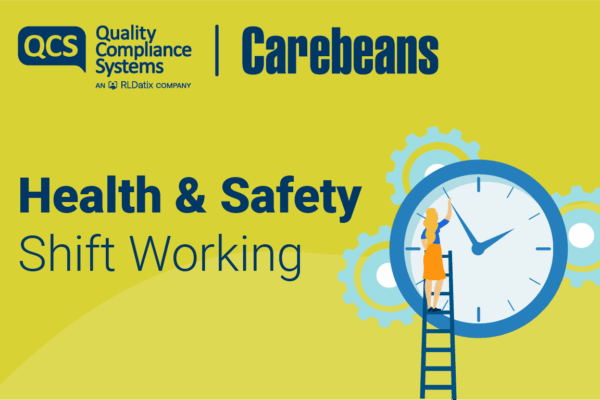Michelle Corrigan, Programme Director of Better Security, Better Care, advises care providers on how to check and improve information storage and sharing
The issue
Care providers are increasingly using digital tools to store and share information with health and social care partners. This includes remote monitoring, secure communication platforms, online prescription ordering, and digital hospital discharge information.
Access to accurate, up-to-date information supports better decision-making and saves staff valuable time allowing them to focus on delivering direct care.
With greater data sharing comes the responsibility to keep information safe. This is where the Data Security and Protection Toolkit (DSPT) comes in.
About the Data Security and Protection Toolkit (DSPT)
The DSPT is a free, online annual self-assessment for all health and social care organisations. It helps providers check that they are handling both paper and digital records securely, reducing the risk of data breaches or cyber-attacks. Completing the DSPT demonstrates to commissioners, regulators, and partners that you take data security seriously.
Why Complete the DSPT?
- It is the official, government-recognised standard for data protection and cyber security in adult social care
- All providers with NHS contracts are required to complete it, and local authorities are increasingly adding it to their contracts
- The Care Quality Commission (CQC) looks for evidence that you manage information securely. The DSPT is now a sub-topic of the Single Assessment Framework under “Well Led” and then “Governance”
- Completion is required to access NHSmail, the secure email service for health and care
- Providers meeting Standards Met can participate in NHS information sharing initiatives, such as shared care records and proxy access to GP medication ordering
Recent updates to the DSPT (2025–26) include new mandatory questions and improved guidance, helping providers strengthen compliance and prepare for future digital integration in social care.
CQC inspectors also want evidence that you manage information securely. If you want to have access to NHSmail – a secure email system for communicating with NHS, local authority and other colleagues – you must complete the DSPT first.
One of the greatest benefits of the Toolkit is that care providers who reach Standards Met can potentially take part in NHS information sharing projects such as shared records projects and proxy access to medication ordering.
Tips to complete the DSPT
- Register ASAP: Check if you are already registered with the DSPT. If you’re not, register online
- Check if your DSPT is up to date: You need to complete the DSPT every year
- Decide if you’re completing at head office or single site(s): A care group’s head office may be able to complete one DSPT for all services. DSPT for care groups with multiple sites: overview
- Identify your lead: Confirm who will be completing your DSPT and who needs to contribute information
- Attend or watch a webinar: Digital Care Hub runs a series of webinars
- Read the DSPT guidance: Access guidance and tools to take you through each DSPT question
- Get support: Contact Local Support Organisations | Digital Care Hub – they can help you complete your DSPT, or call the Digital Social Care helpline on 0808 196 4848, and email on [email protected]
- Collect your evidence: You may need to create new policies or procedures. Templates and policies for the DSPT | Digital Care Hub
- Add content to your DSPT: Start this as soon as possible – you can save and return to it later
- Aim for Standards Met: You should be able to get to Standards Met on the toolkit. But if you can’t, you can get to Approaching Standards if you also complete an Action Plan to show how you will get to Standards Met
Find out more
Visit Data Security – Data Protection and Cyber Security to access all support and advice on the DSPT, including how to contact your local support organisation. Also see skills and training at the Digital Care Hub.
- LinkedIn: Digital Care Hub – https://www.linkedin.com/company/digital-care-hub/
- Facebook: Digital Care Hub UK Facebook – https://www.facebook.com/digitalcarehubUK
- x: @DigitalCareHub – https://x.com/digitalcarehub





